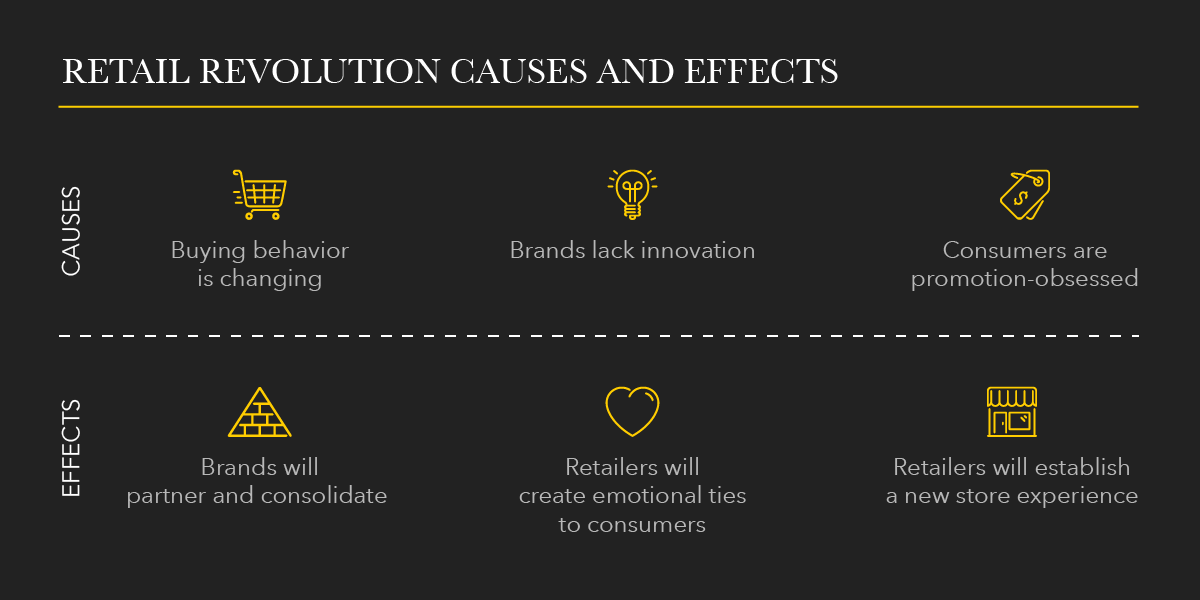What Do Retailers Actually Need to Survive?

by Gebhard Rainer, Former President and COO, Coach
We all know the retail landscape is overdue for a big change. The department store segment is deeply troubled, traditional brands are facing challenges, and established brands are acquiring smaller brands—in May, Coach acquired Kate Spade in an effort to become a multi-brand organization and rejuvenate its image.
During this time of uncertainty and upheaval, perhaps it is time to take a step back and review some of the causes and effects of what we are currently seeing.
Retail Right Now
Retail is at crossroads. Pure on-line e-commerce brands are taking more and more market share, and the traditional brick and mortar brands are struggling with their mall presence and department store distribution. Retailers are constantly trying to increase their direct-to-consumer exposure with e-commerce while searching for ways to leverage brick and mortar stores. The major trends causing this need for change are:
-
Innovation and creativity are lacking. We are in a “sea of sameness” from a product perspective.
-
Lifestyles are evolving and buying behavior, specifically of the younger generation, has changed. Fast Fashion is popular, and it is challenging the traditional brands with their ability to quickly update and recycle products.
-
The North American consumer has been educated to be very promotion- and discount-focused over the past decade. The consumer now understands she/he can “wait out” a full-priced retail product because it will show up in some channel discounted or on promotion within 6 to 8 weeks.

Where Do We Go from Here?
We are going to see new trends emerge across retail as a result of the current landscape. In the next year, retailers are going to have to reinvent themselves, focusing on the experiential and emotional connection they make with consumers.
-
We will see more consolidation and partnership arrangements going forward, in order to become more innovative and versatile and to expand reach both geographically and with product categories.
-
Finding the right balance between on-line presence and brick and mortar is going to be essential. Establishing the “new store experience” in a virtually channel-less environment is going to be crucial for consumers who have been trained to shop a certain way.
-
Retailers need to understand how to create emotional ties with consumers. On a “shopping journey”, it’s the experiential aspect of a human interaction with a brand that creates an emotional bond. And newer shopping generations aren’t just looking for an experience—they’re looking for authenticity and strong values coupled with heritage and a sense of belonging.
A retailer will emerge that will have an innovative, new balance between on-line and brick and mortar as a seamless experience for the consumer. I am excited to see which brand this is and the further effects on the revolution of retail.
Please note: This article contains the sole views and opinions of Gebhard Rainer and does not reflect the views or opinions of Guidepoint Global, LLC (“Guidepoint”). Guidepoint is not a registered investment adviser and cannot transact business as an investment adviser or give investment advice. The information provided in this article is not intended to constitute investment advice, nor is it intended as an offer or solicitation of an offer or a recommendation to buy, hold or sell any security.


